The momentum behind solar power has never been stronger. As energy prices continue to rise and the pressure to reduce carbon emissions intensifies, more homeowners and businesses are turning to solar panels as a practical and future-proof solution. Recent trends show a significant surge in solar adoption, driven by technological improvements, falling installation costs, and strong government support.
Looking ahead, 2025 is shaping to be a landmark year for solar investment. The opportunities have never been more apparent for those considering the switch to renewable energy.
Rapid Growth in Solar Adoption
The solar industry is experiencing unprecedented growth across the UK and Europe. Installation rates have surged over the past two years, and all indicators suggest that this trend will accelerate into 2025 and beyond.
Government policies promoting renewable energy and heightened public awareness of climate change have created a perfect environment for expansion. Solar energy is no longer considered an expensive luxury or a niche product. It has become a mainstream choice for households and businesses looking to cut costs, reduce carbon emissions, and increase energy independence.
Installations across residential, commercial, and industrial sectors are rising sharply, supported by an expanding supply chain, improved product availability, and a growing number of skilled installers entering the market.
Falling Costs Make Solar More Accessible
One key factor fuelling the solar surge is the significant reduction in costs. The price of solar panels and associated technology has dropped dramatically over the past decade. What was once a major financial commitment is now a far more affordable investment for the average homeowner or business.
Advances in manufacturing, economies of scale, and increased competition have driven prices down. Solar panel efficiency has also improved, meaning that systems generate more electricity from the same amount of sunlight, delivering better returns on investment.
Financing options have also expanded, with many companies offering flexible payment plans, leasing arrangements, or power purchase agreements that remove the need for large upfront payments. As a result, solar energy is more accessible than ever before, with solutions available to suit a wide range of budgets.
Strong Financial Returns and Energy Security
Installing solar panels is an environmental decision and a financially savvy move. Rising energy prices have made the cost savings offered by solar even more attractive.
Once installed, solar panels provide free electricity for decades, shielding homeowners and businesses from volatile energy markets. Many systems pay for themselves within six to ten years, after which energy is effectively free.
Excess electricity can be sold back to the grid through clever export guarantee schemes, providing an additional revenue stream. Battery storage solutions are also becoming more affordable, allowing users to store surplus power during the evenings or cloudy days, further enhancing self-sufficiency.
Having an independent, reliable source of electricity is a major advantage at a time when energy supply security is a growing concern.
Government Support Strengthens the Case
Government incentives continue to play a critical role in encouraging solar adoption. In the UK, schemes such as the Smart Export Guarantee reward solar owners for feeding surplus electricity back into the grid, providing a steady financial return.
Planning regulations have also been eased to make installing panels on homes and commercial buildings simpler. New legislation pushes developers to include solar technology in new-build projects as part of broader sustainability requirements.
As governments ramp up efforts to achieve net-zero targets, further incentives and support schemes are expected to be introduced, strengthening the financial case for installing solar panels in 2025.
Advances in Technology
Today’s solar panels are a far cry from those available a decade ago. Technological improvements have led to higher energy conversion rates, sleeker designs, and extended warranties.
High-efficiency panels now allow properties with limited roof space to generate substantial electricity. Innovations in battery storage, intelligent energy management systems, and integrated solar roof tiles make solar energy even more appealing to modern homeowners and businesses.
Installations are quicker and less intrusive than ever, thanks to better mounting systems and streamlined processes from experienced installers.
Why 2025 is the Perfect Time to Act
Waiting to install solar panels may seem tempting, but the conditions in 2025 make it an ideal time to invest. Costs are historically low, financial incentives are strong, and the technology is proven and widely available.
As more people make the switch, there is likely to be an increasing demand for qualified installers. Early adopters can take advantage of current pricing, avoid longer waiting times, and start reaping the financial benefits immediately.
Energy prices show little sign of stabilising shortly. Locking in savings and securing more significant control over energy usage will strengthen homeowners’ and businesses’ positions for years.

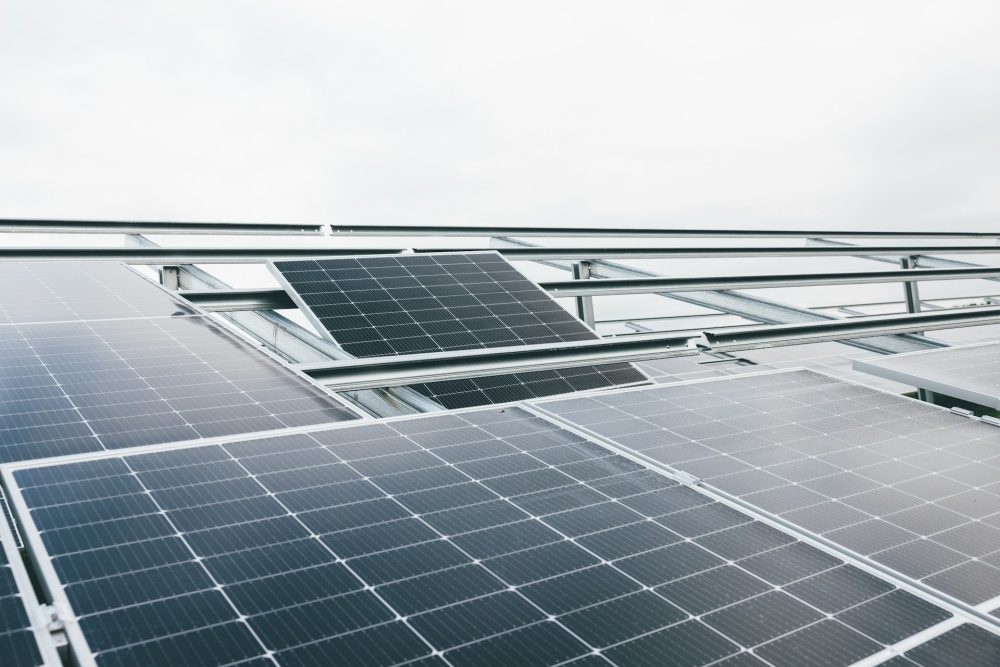
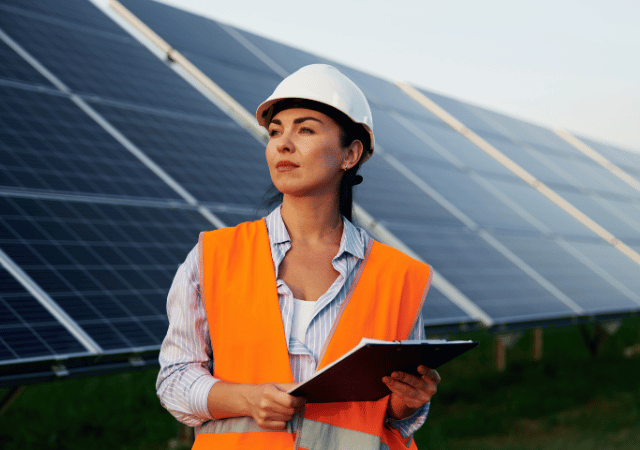
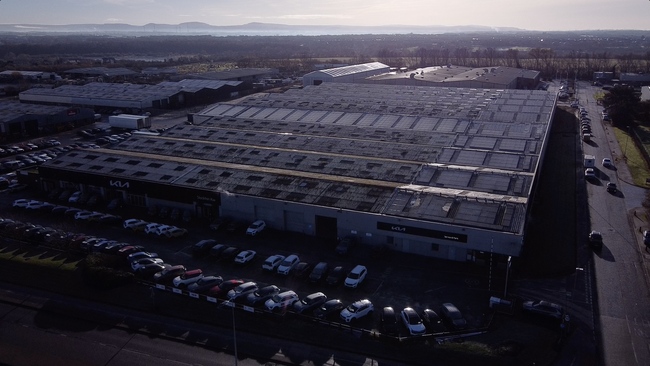
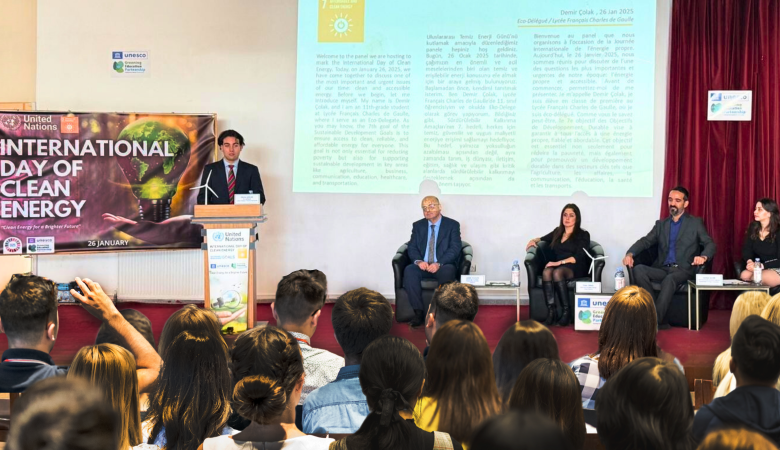
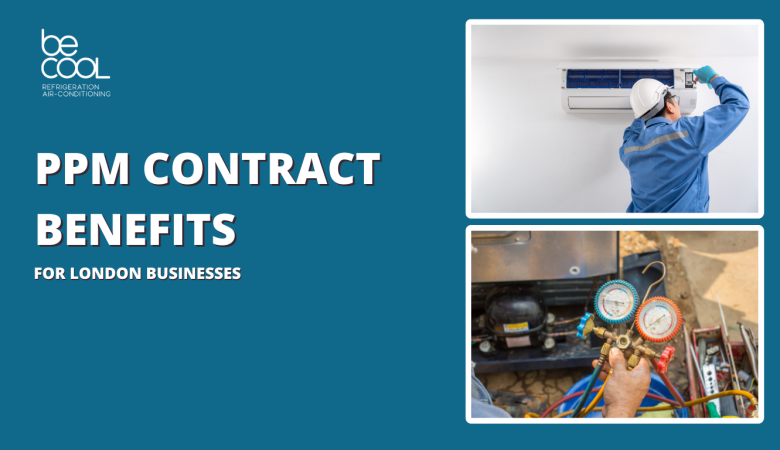
Pingback: buy androxal generic sale
Pingback: online order enclomiphene generic dosage
Pingback: how to buy rifaximin australia buy online
Pingback: buy cheap xifaxan cost without insurance
Pingback: order staxyn cost on prescription
Pingback: How to buy avodart on line
Pingback: buying dutasteride buy hong kong
Pingback: cheapest buy flexeril cyclobenzaprine cheap no prescription
Pingback: how to get a doctor to prescript gabapentin
Pingback: cheapest buy fildena low cost
Pingback: donde comprar itraconazole en mar del plata
Pingback: nakupte kamagra online online
Pingback: acheter kamagra remede tarif en pharmacie